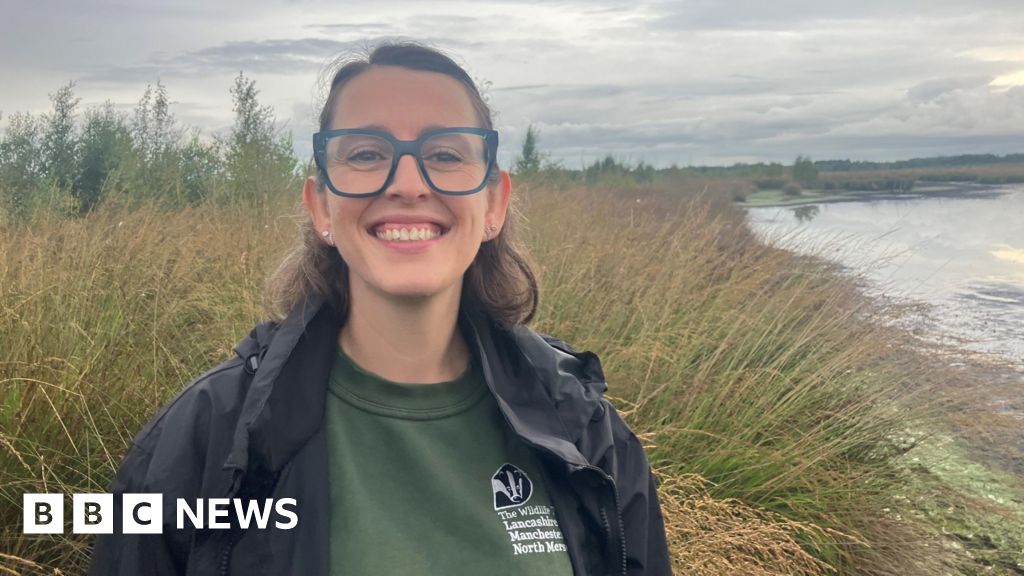A wildlife trust has launched an appeal to help revive lost species of butterflies, crickets and dragonflies.
Lancashire Wildlife Trust said the population of the large heath butterfly, bog bush cricket and white-faced darter dragonfly had fallen due to a loss of habitat in Greater Manchester and Lancashire.
The large heath butterfly, known in Greater Manchester as the Manchester argus, had been extinct locally before being reintroduced in 2020, with the trust saying it hoped to further bolster the population.
Senior nature recovery officer Dr Matt McMullen said 96% of the region’s lowland peatlands had been lost due to decades of habitat destruction.
Following the successful release of the large heath butterfly at Astley Moss in Wigan in 2020, the trust said it was seeking support to increase the population and expand to new sites.
Launching a drive to raise £20,000 for the project, the trust’s Jenny Bennion told Radio Manchester that peatlands were beneficial because they absorb carbon.
Healthy peatlands were “little climate super heroes”, she said.
But she warned activities such as draining water from peat bogs or extracting peat to use in gardens damaged the habitat.
Donations to the Three Species, One Wild Comeback appeal will help fund habitat management and restoration, as well as monitoring and surveying, species breeding programmes and long-term recovery plans for the three ‘lost’ species.
The bog bush cricket is a bright green, short-winged insect, which only survives in tiny, isolated patches of wetland. The trust said it hoped to move the adult crickets to newly-restored peat bogs – to boost numbers and protect the species from becoming extinct.
The white-faced darter, which is one of Britain’s rarest dragonflies, is currently ‘missing’ from Greater Manchester. Sites are being prepared for re-introduction, following successful work in Cumbria and Cheshire, the trust added.



